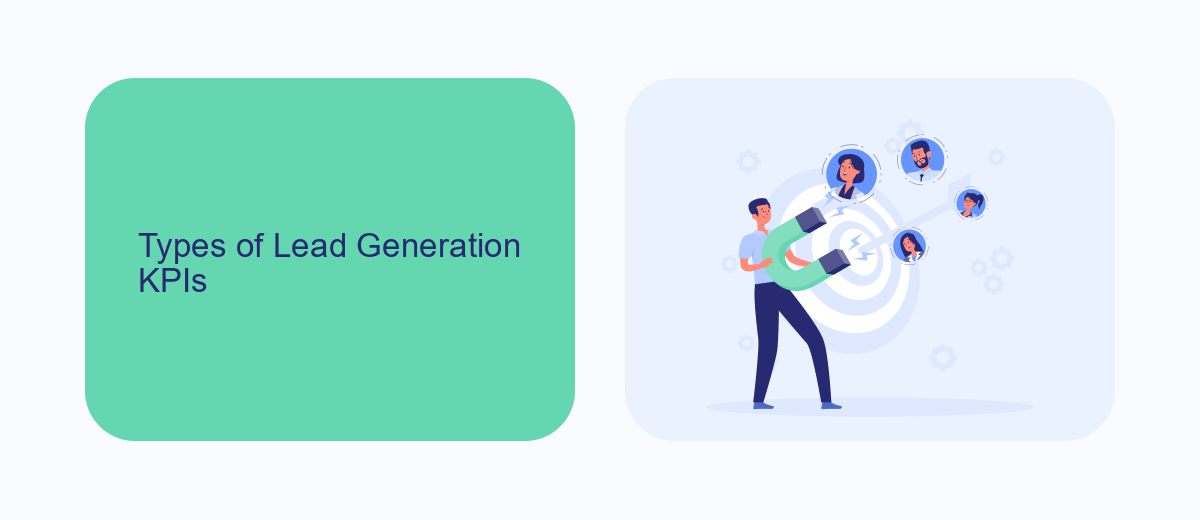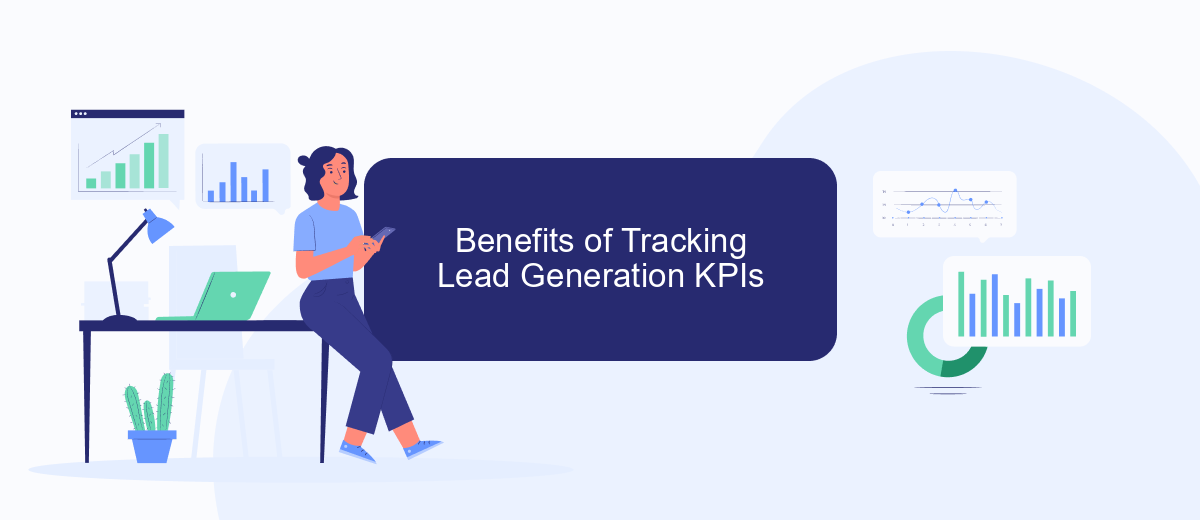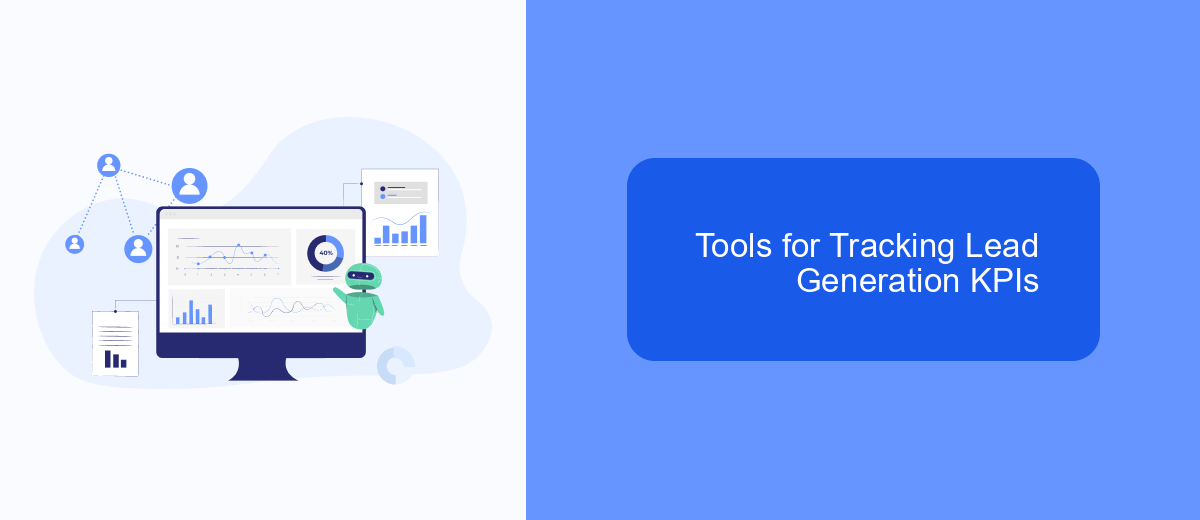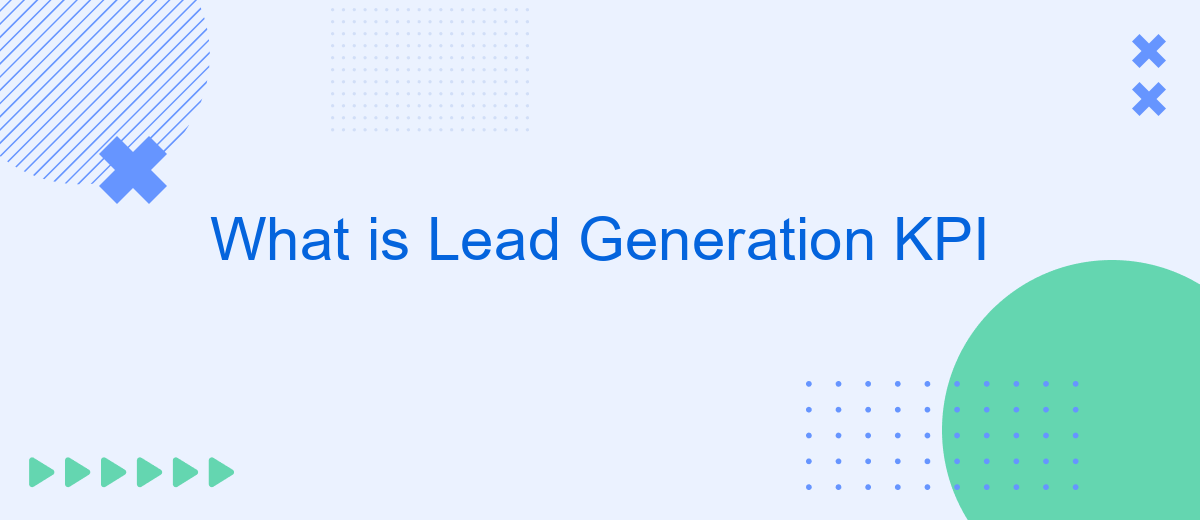Lead generation KPIs (Key Performance Indicators) are critical metrics used to evaluate the effectiveness of a company's lead generation efforts. These indicators help businesses track and measure the success of their strategies in attracting and converting potential customers. Understanding and optimizing these KPIs can significantly enhance a company's ability to generate quality leads, ultimately driving growth and profitability.
What is Lead Generation KPI?
Lead Generation KPI (Key Performance Indicator) is a metric used by businesses to measure the effectiveness of their lead generation strategies. These KPIs help in tracking the performance of marketing campaigns and sales activities, ensuring that the efforts are aligned with the business goals. By monitoring these indicators, companies can make data-driven decisions to optimize their lead generation processes.
- Conversion Rate: The percentage of visitors who become leads.
- Cost per Lead (CPL): The total cost divided by the number of leads generated.
- Lead Quality: The potential of leads to convert into paying customers.
- Lead Volume: The total number of leads generated over a specific period.
- Time to Conversion: The average time it takes for a lead to become a customer.
Utilizing tools like SaveMyLeads can streamline the integration of various marketing and sales platforms, making it easier to track and analyze these KPIs. SaveMyLeads automates data transfer between your lead generation sources and CRM systems, ensuring that you have real-time insights into your performance metrics. This allows for more efficient lead management and better strategic planning.
Types of Lead Generation KPIs

Lead generation KPIs (Key Performance Indicators) are essential metrics that help businesses gauge the effectiveness of their lead generation strategies. These KPIs can be broadly categorized into several types. Firstly, there are volume-based KPIs, which measure the quantity of leads generated. These include metrics such as the number of leads, conversion rates, and lead-to-customer ratios. Volume-based KPIs provide a clear picture of how many potential customers are entering the sales funnel and how effectively they are being converted.
Another important category is quality-based KPIs, which focus on the value and potential of the leads generated. These include metrics like lead scoring, customer lifetime value, and lead source quality. Quality-based KPIs help businesses identify which leads are more likely to convert into high-value customers. Additionally, process-based KPIs, such as average lead response time and cost per lead, offer insights into the efficiency of the lead generation process. Integrating tools like SaveMyLeads can streamline these processes, ensuring that leads are captured and managed efficiently, ultimately enhancing the overall lead generation strategy.
Benefits of Tracking Lead Generation KPIs

Tracking Lead Generation KPIs is crucial for any business aiming to optimize its marketing and sales efforts. By consistently monitoring these metrics, companies can gain valuable insights into their lead generation processes, identify areas for improvement, and ultimately drive more conversions.
- Improved Decision-Making: With clear data on lead generation performance, businesses can make informed decisions to enhance their strategies.
- Increased ROI: By identifying the most effective channels and tactics, companies can allocate resources more efficiently, leading to a higher return on investment.
- Enhanced Customer Understanding: Tracking KPIs helps businesses understand their target audience better, enabling more personalized and effective marketing campaigns.
- Accountability and Performance Tracking: Regular KPI monitoring ensures that teams stay accountable and focused on their goals, leading to improved overall performance.
Tools like SaveMyLeads can simplify the process of tracking and integrating lead generation KPIs by automating data collection and providing real-time insights. By leveraging such services, businesses can streamline their lead management processes and focus on what truly matters – converting leads into loyal customers.
Tools for Tracking Lead Generation KPIs

Tracking lead generation KPIs is crucial for understanding the effectiveness of your marketing efforts and optimizing your strategies. To achieve this, various tools can be employed to monitor, analyze, and report on these key performance indicators.
A range of software solutions is available to help you track and manage your lead generation KPIs efficiently. These tools offer features such as real-time analytics, customizable dashboards, and automated reporting, which can save time and improve accuracy.
- Google Analytics: Provides insights into website traffic and user behavior.
- HubSpot: Offers comprehensive lead tracking and CRM integration.
- Salesforce: A robust CRM platform with extensive lead management capabilities.
- SaveMyLeads: Automates lead data integration across various platforms, enhancing lead tracking efficiency.
- Zoho CRM: An affordable CRM solution with lead tracking and analytics features.
By leveraging these tools, businesses can gain a clearer picture of their lead generation performance and make data-driven decisions to improve their marketing strategies. Integrating these tools with services like SaveMyLeads can further streamline the process, ensuring that all lead data is accurately captured and analyzed.
Best Practices for Lead Generation KPI Tracking
Effective lead generation KPI tracking begins with selecting the right KPIs that align with your business goals. Focus on metrics such as conversion rates, cost per lead, and lead quality to get a comprehensive view of your lead generation efforts. Regularly review and adjust these KPIs to reflect changes in your marketing strategies and market conditions. This ensures that you are always measuring what truly matters for your business growth.
Utilize integration tools like SaveMyLeads to streamline your data collection and analysis processes. SaveMyLeads can automate the transfer of lead information from various platforms into your CRM, making it easier to track and evaluate your KPIs in real-time. By leveraging such tools, you can reduce manual data entry errors, save time, and ensure that your lead generation metrics are always up-to-date and accurate. This leads to better decision-making and more effective marketing strategies.
FAQ
What is a Lead Generation KPI?
Why are Lead Generation KPIs important?
What are some common Lead Generation KPIs?
How can I automate the tracking of Lead Generation KPIs?
How often should I review my Lead Generation KPIs?
You probably know that the speed of leads processing directly affects the conversion and customer loyalty. Do you want to receive real-time information about new orders from Facebook and Instagram in order to respond to them as quickly as possible? Use the SaveMyLeads online connector. Link your Facebook advertising account to the messenger so that employees receive notifications about new leads. Create an integration with the SMS service so that a welcome message is sent to each new customer. Adding leads to a CRM system, contacts to mailing lists, tasks to project management programs – all this and much more can be automated using SaveMyLeads. Set up integrations, get rid of routine operations and focus on the really important tasks.
